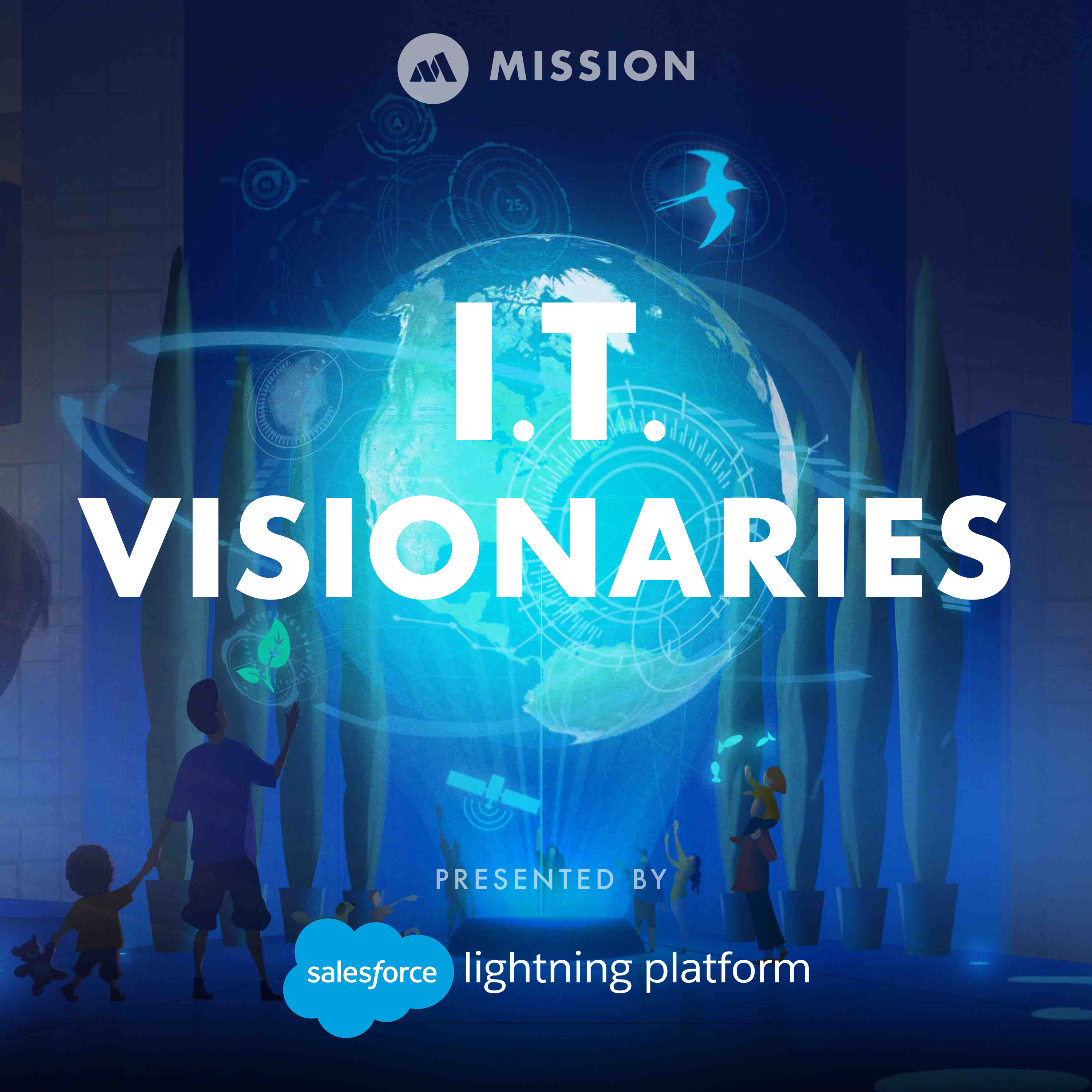CIO Roundtable No. 2
In a special episode of IT Visionaries, some of the leading CIOs in the world of tech join host Ian Faison for a roundtable discussion.
At the table was Alvina Antar (T: Twitter, LinkedIn) of Zuora, Paul Chapman (T: @Twitter, LinkedIn) of Box, and Mark Settle (LinkedIn) from Okta. Each has extensive experience in the tech world, which leads to a lively and wide-ranging discussion of everything from dealing with vendors to working in the Silicon Valley echo chamber, and how to handle the politics of being a CIO.
Here are some of the key insights from the lively discussion.
What it means to be a CIO selling to other CIOs:
In the technology world, CIOs are in constant contact. Whether they are selling to each other or just exchanging ideas and information, there are open lines of communication in the CIO community. According to Paul, most of the time, this leads to strong and cooperative relationships. Of course, there can be situations where it can be adversarial if you are in competing companies. But, he stresses that there is value in being able to relate to the situations the other person is in – value that others, especially those who are selling to CIOs – won’t be able to connect with.
“The professional chemistry between CIOs is very important because you can relate,” Paul says. “A salesperson can’t necessarily relate, because they haven’t sat in your seat.”
Alvina agrees, and adds that when you’re working CIO-to-CIO, there is a greater amount of transparency and higher expectations.
“Your peers look to you to provide guidance and best practices,” she says.
Mark explains that when you’re working with another CIO, even if a deal doesn’t work out or they make a decision you don’t agree with, maintaining a good relationship is important to the future of your business. If you’ve lost a deal, he says, call the other CIO to thank them for considering your product – and remind them you’re there if they need something in the future.
“Enterprise sales are long-term, relationship-building type exercises,” Mark explains. “Maybe they choose the wrong product, or a competitor’s product, which might not work out. It’s important to let them know you’re there for them and there are no sour grapes.”
Finding ways to optimize the business:
As a CIO, your main job is to ensure that the business goals are met and inquiring how tech fits into making that possible. Paul says that the CIO has to be able to tell leadership, other members of the C-suite, and customers how tech will work in the real world. To understand that, the CIO must know what is going on within the company and in the industry as a whole. They must also know where technology is headed.
Mark adds that in order to stay ahead of the game, learning from your customers – and listening to how they are using your products – leads to insights you never imagined.
“I find out so much about what the customers are doing with our product. I come back and either want to institute it internally or I go to the product marketing guys and tell them we need to be talking about this product use case,” he says.
The internal politics of being a CIO:
No matter how hard you try, there will always be politics involved in a company, and in the role of CIO.
“The word politics makes me cringe,” Alvina says. “No one has time for politics — not at our level of growth and scale. Politics just ultimately slows down the company.”
Regardless, the CIO must rise above the politics in order to find the best solutions for the problems ahead. Sometimes, that might make you unpopular – or lead to hard conversations – but that’s just part of the job.
“To be a successful IT executive, you have to become comfortable at being uncomfortable,” Mark says.
Each member of the group agrees that there is always going to be a ton of noise coming through the system. If you can’t tune it out and focus on what you actually need to focus on, this is not the right job for you.
For even more insights, listen to the full episode here.


